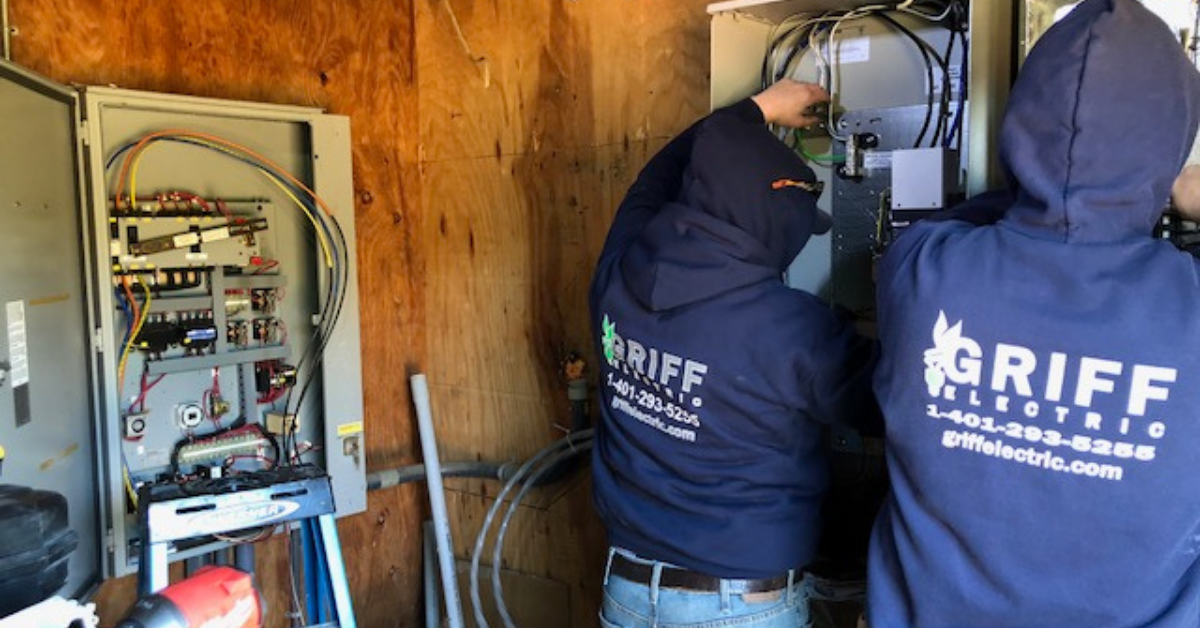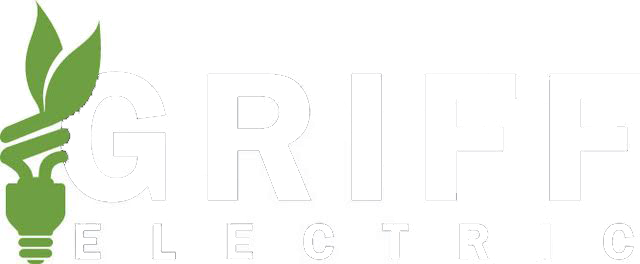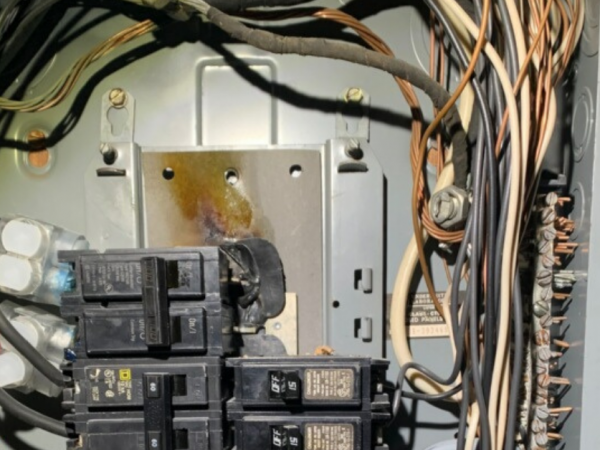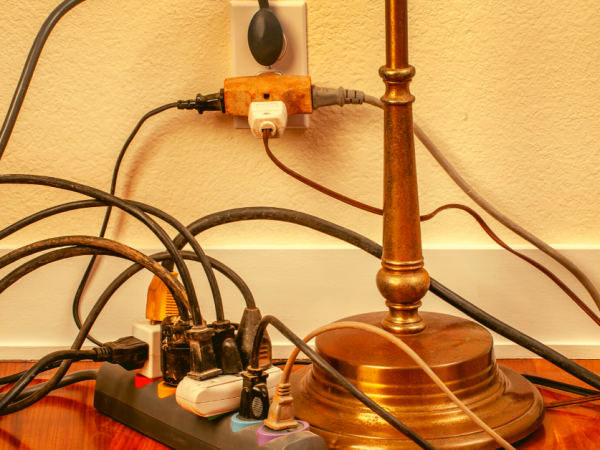
The electrical system of your home is something you rely on day in and day out, likely without even thinking about it. It should work safely and seamlessly in the background to provide your home with the energy it needs to support daily living. But like anything in a house or building, especially an older one, problems can arise. The solution can be as simple as replacing a faulty outlet or as major as an electrical service upgrade. Bad wiring has some clear warning signs. Knowing what they are can impact your property and even your family’s safety. The earlier you detect wiring problems and contact your licensed electrician to correct the issue, the better off you’ll be in terms of risks and associated repair costs.
Consider this a beginner’s checklist for recognizing bad wiring. If you notice some or any of these going on in your home, reach out to your electrician.
How do you know if you have bad wiring in your house?
Luckily, it’s pretty simple to recognize signs of faulty wiring. When everything is running as intended, you won’t notice any of the following issues. If you do, bad wiring is very likely to blame:
- The lights are flickering in a certain room or area of the home. It’s not a ghost! Flickering or dimming lights can signal an issue with the electrical wiring including faulty connections or corrosion.
- The outlets are warm or even hot to the touch. An outlet should never heat up. It it feels warm to the touch, stop using it immediately. This can be a warning sign for a major safety and fire risk.
- You notice a burning smell or char marks. A burning smell is never a good sign, and scorch marks can signal an intensified problem. There’s too much heat and something is melting.
- Your outlets aren’t grounded. While this may not pose as immediate a threat as some of the other warning signs here, ungrounded outlets can’t protect you when a power surge occurs. They’re a safety risk and your wiring needs updating.
- You’re being shocked when using an outlet or appliance. Hopefully, it won’t come to this, but if it does, you and your loved ones may physically feel the effects of poor or damaged wiring. Ouch.
- You see frayed, corroded, or otherwise damaged wires. Electrical wires that have broken down or been compromised are a telltale sign that repairs are needed.
- An inspector or electrician tells you you’ve got bad wiring. This may sound obvious, but if a trained professional who is familiar with electrical systems and codes tells you that you have wiring issues, don’t ignore them. Ask for more detail to understand what needs correcting and why.
Here’s what to do about bad wiring signs in your house.
There isn’t a whole lot you can or should do yourself if you notice signs of bad wiring or other electrical issues in your home. As mentioned, the best thing you can do is to reach out to your electrician right away and have them come take a look, if they haven’t done so already. They are trained to identify the problem, tell you more about what’s going on, and explain what’s involved in correcting it.
Remember, also, to stay calm. Yes, bad wiring can present significant danger, but if you’re proactive about correcting it, you’re protecting your safety.




